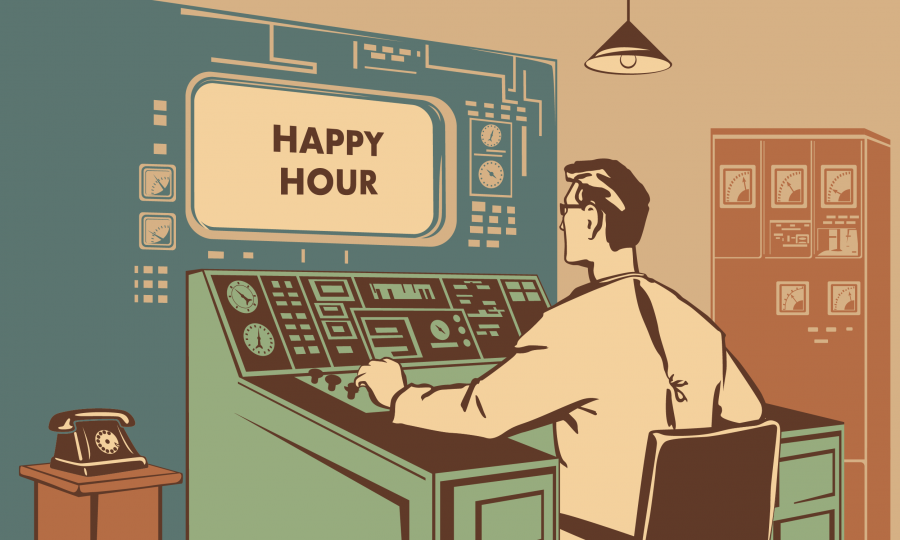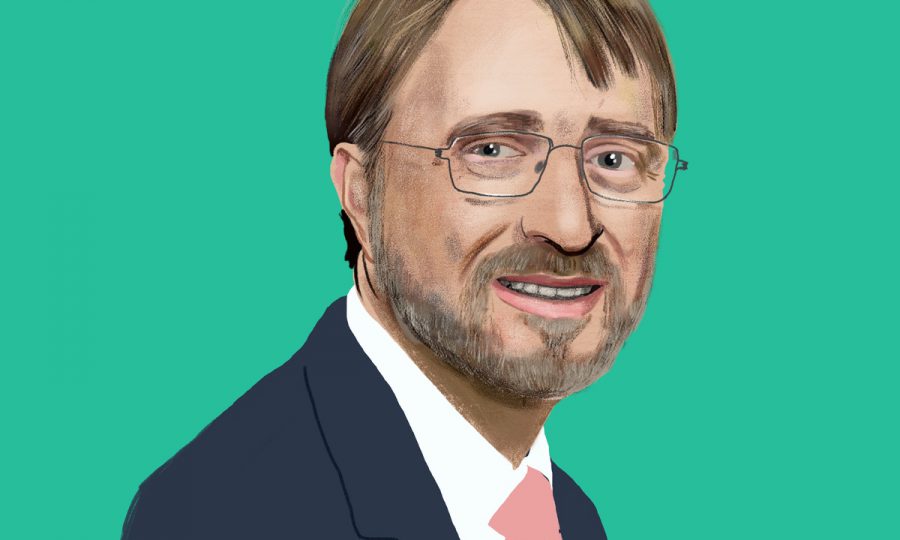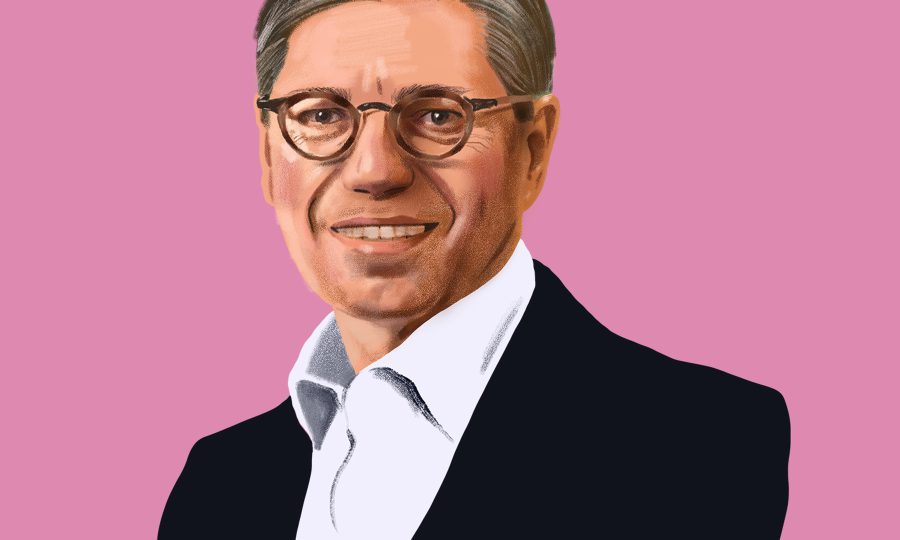A rising stock price is not enough
Which is why we need a new kind of MBA that can deliver change, says Jochem Kroezen, Academic Director of the MBA Programme.

Whether they know it or not, all organisations are in transition
My ambition is to create change makers. And RSM’s mission for positive change and its focus on the UN Sustainable Development Goals is the perfect raw material for a new kind of MBA – one which I hope will be the go-to programme for people who want to become transformational leaders.
Over the next five years, we plan to future-proof the programme so that it is experiential and complex. That means people will learn by doing. And it means tackling the silos in assessment to blur the boundaries, as things are in the real world, between finance and sustainability or marketing and organisational behaviour.
But it’s a moving train, so we’re also making smaller changes. Firstly, my style is ‘skin in the game’, so that I actively take part, rather than objectively managing the programme. Secondly, we want to bring back the magic that was lost during Covid. So there are no hybrid learning options – we are physically together in a classroom, where we can share and relate and build a community that will be an asset your whole life.
We’ve introduced a new ‘craft of management’ module. The whole cohort comes together around session topics that introduce a broader, critical perspective: we’ll debate the purpose of the corporation or explore current events like the exorbitant profits of oil companies. The idea is that students become like craftspeople. They understand that management is a set of tools. They see where those tools have come from over time and geography, and how they can be used and misused.
The experiential element will come from a range of projects, working with stakeholders from the city of Rotterdam. This ties into Sustainable Cities and Communities, the UN’s Sustainable Development Goal 11. Groups of students will work with policy specialists to tackle the energy transition, centred on the port or aspects of the city’s poverty, for example.
Whether they know it or not, all organisations are in a process of transition, down to how success is measured. It’s not enough to make money for shareholders anymore. Companies need to provide value for stakeholders – and that includes future generations. MBA programmes have historically been conservative and relatively resistant to change. But the world is in transition and there are several alternative ends. We need leaders who can deal with complexity and uncertainty.



